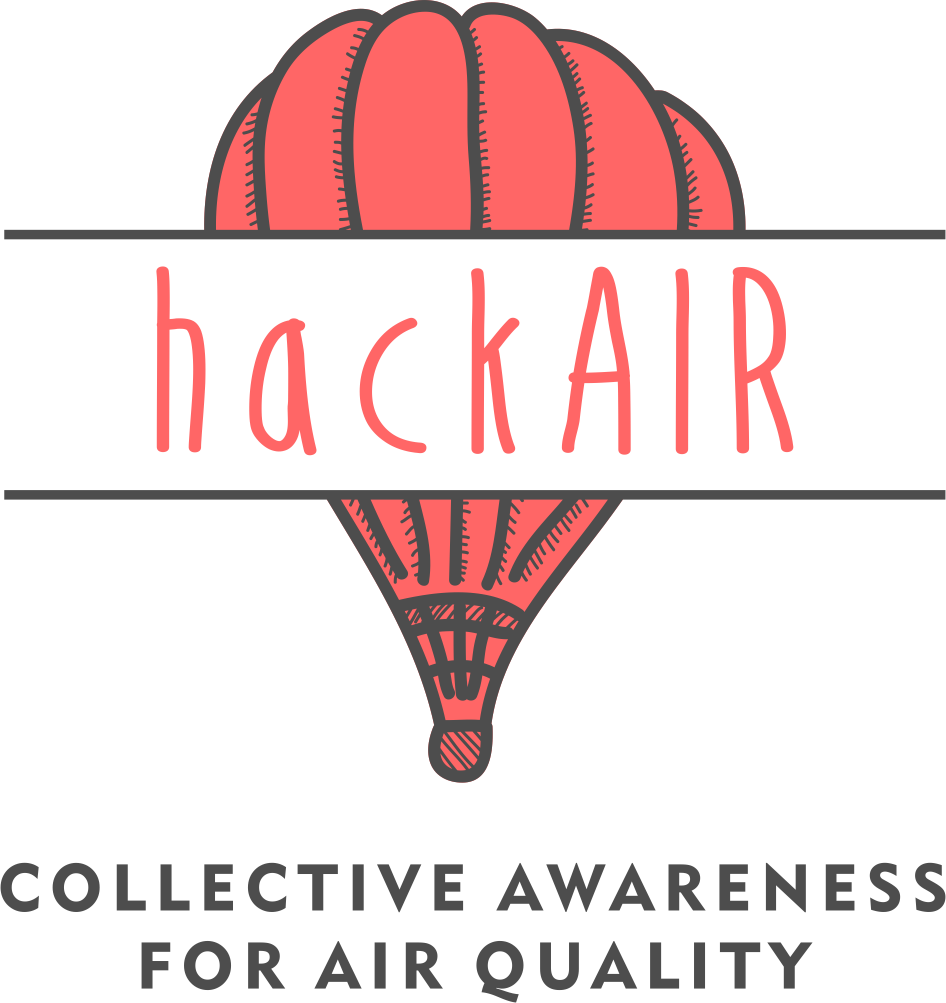This week’s blog post features four citizen initiatives that are taking action to reduce air pollution – in Belgium Kosovo, Bulgaria and Great Britain. Better air quality information enables us to fight for better air in where we live: Get inspired by these stories – and share with us what you are up to!
Help – I can’t breathe: Parents take action on air pollution around schools in Belgium

On March 14, 2018 a report in Belgian national television informed the public about the dangerous levels of air pollution around schools. This documentary showed the results of a large scale study on air quality and used two schools as examples.
The next day, the first protest actions happened at school streets. Filter Cafe Filtre was born.
The invitation is simple and powerful: “Close off the street where your school is to traffic every Friday morning before school starts. Have a cup of coffee together and let the children play in the car-free street. Invite local politicians to come and join you for a coffee.”
The initiative is growing: on April 20, 60 parent groups across Belgium took part. The mission is to raise awareness and change mindsets of parents and children, and to convey the urgency to policymakers.
Get data – Drive change: Youth-led air quality campaign in Kosovo

Kosovo is one of the most polluted regions in Europe. The project “Science for Change Kosovo” is a youth-led environmental movement, investigating air pollution in Kosovo and mobilizing people to take actions. The project was one of the partners in the Making Sense project.
It works with local youth around environmental policy issues, how to collect data about air quality, and how to use this data to advocate for change. Their approach was documented in the Making Sense toolkit for citizen science initiatives – have a look!
Bulgaria: New collaboration between citizen activists and government to reduce air pollution

Air pollution is much worse in Eastern Europe. In Sofia, air pollution norms were exceeded on 70 days between October 2017 and March 2018. Government and activists are working hand-in-hand to improve the situation. The citizens’ group “AirBG.info” was founded in April 2017 and has rapidly expanded their network in the first year of their activities.
This initiative maps air quality with low-budget sensors, built by citizens. The open data from this citizen science project are collected at the luftdaten platform. Currently, 600 air quality sensors are operating in Bulgaria, nearly 300 of them in the capital. AirBG.info has been very successful in establishing a close collaboration with the Bulgarian government and with the environmental executive agency. This collaboration led to the decision that Bulgaria will integrate all existing air quality monitoring systems. The Environment Minister said: “We are trying to integrate all [air quality monitoring] systems: those of non-government organizations, of which there is a myriad but are less precise, and those of the Executive Agency for Environment, which are fewer but are more precise, in order to get a clear picture about the quality of air we breathe.”
Parents campaign for clean air in London
 Mums for Lungs is a London based group of parents who are seriously concerned about the dangerous impact air pollution is having on children’s health. They have set up air quality campaigns in various contexts.
Mums for Lungs is a London based group of parents who are seriously concerned about the dangerous impact air pollution is having on children’s health. They have set up air quality campaigns in various contexts.
In March 2018, they campaigned for the extension of the Ultra Low Emission Zone in London. Within this zone, most vehicles will have to meet emissions standards or pay a daily charge. In London, around half of emissions of particulate matter (PM) come from transport. The Ultra Low Emission Zone will reduce the most harmful emissions generated by road traffic. Mums for Lungs, together with a number of local partners, has been calling to extend this zone so that more inhabitants of London can benefit from cleaner air.
In the ongoing local elections, Mums for Lungs has proposed a number of pledges to local parties – raising awareness about air quality. The pledges are also a way to hold policy makers accountable – after the elections.



